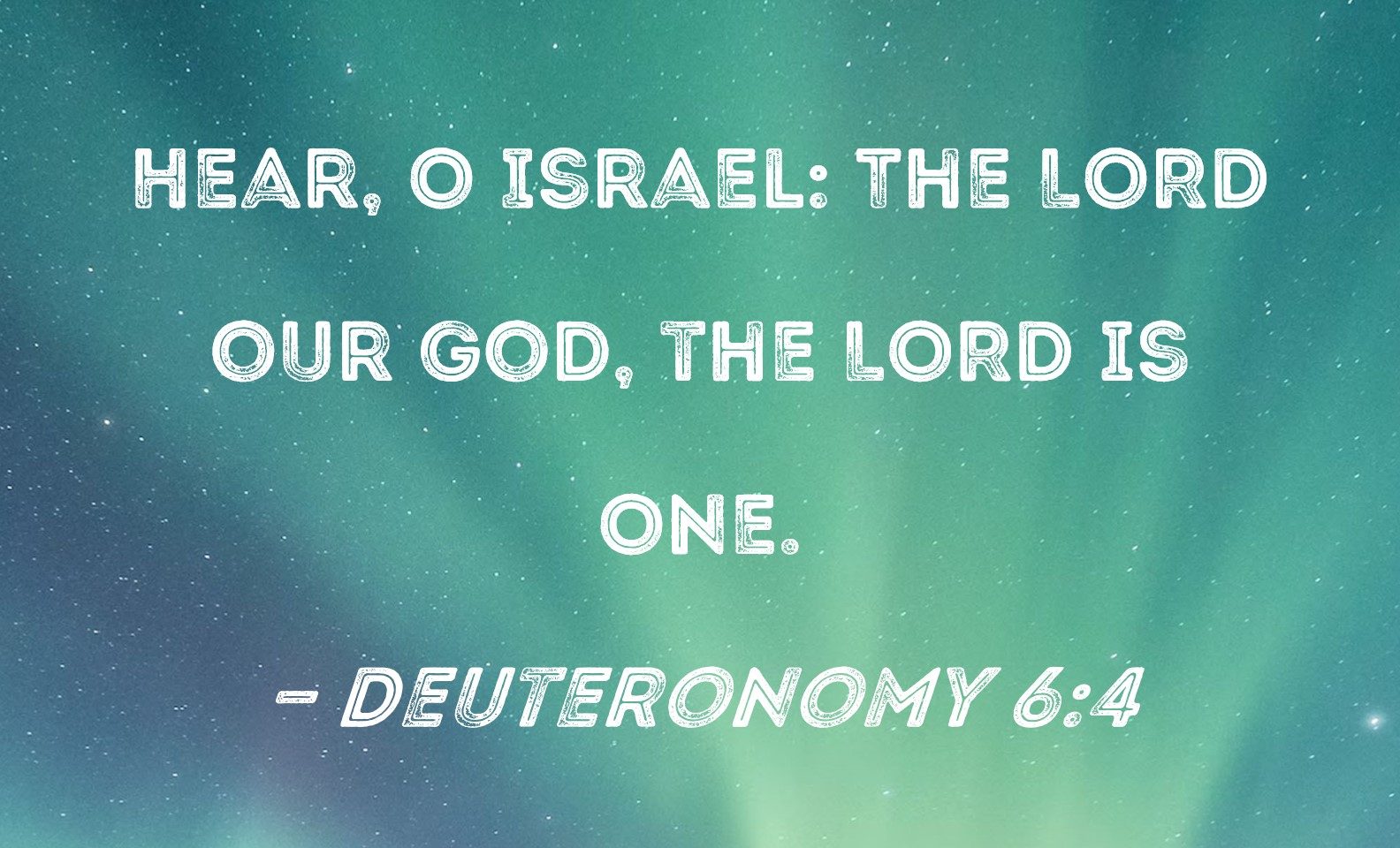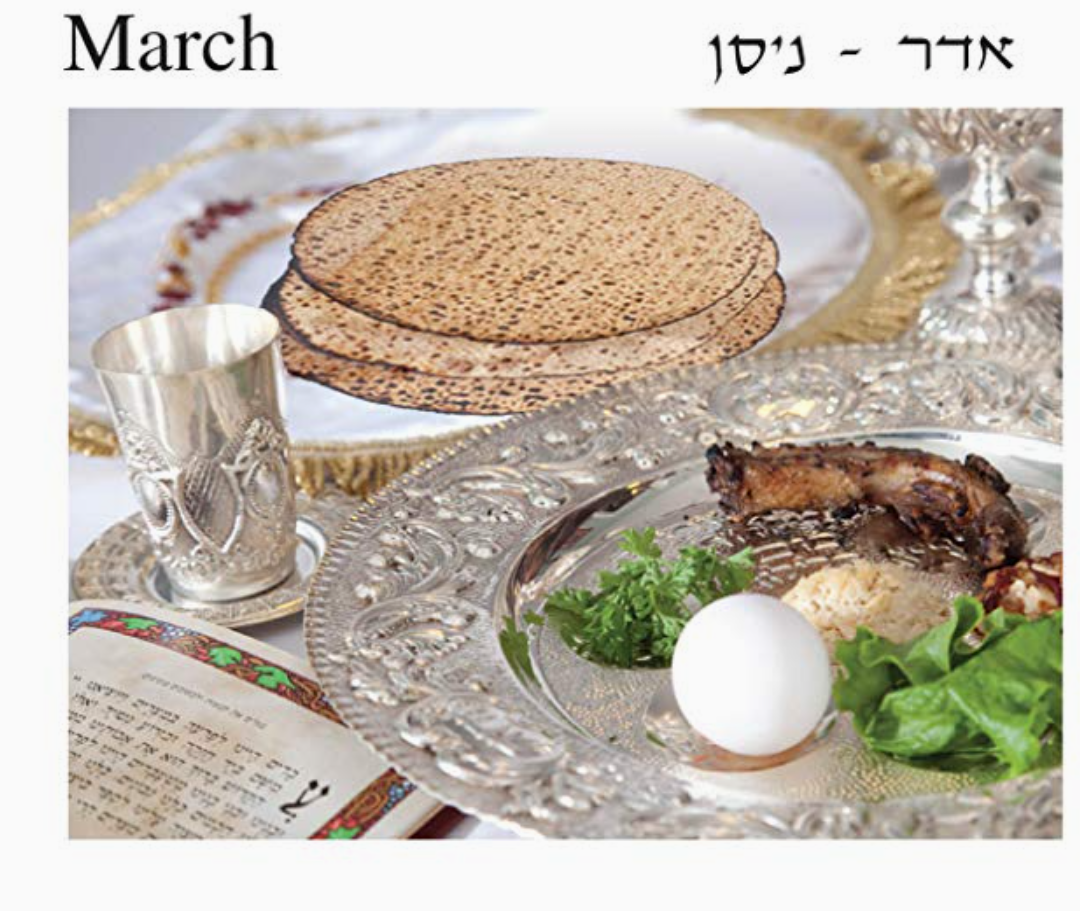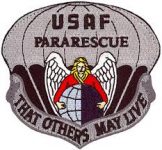VA’ETHCHANNAN וָֽאֶתְחַנַּ֖ן (And I besought) DEUTERONOMY 3:23-7:12
PROPHETS: ISAIAH 40:1-26 | GOSPEL: LUKE 2:3-15
by Min. Donald H. Garrett
TORAH:
Here we see Mosheh really seeking YaHVaH to allow him into the Promised Land. However, YaHVaH knows what we can handle, His plans for us, and when we are to die. He tells Mosheh, “It is too much for you.” Mosheh would have been up in age by now and seen many wars on the way. Yet, more war and travel will be too much for Mosheh, plus YaHVaH had a plan. Call Mosheh home to heaven peacefully and let the younger generation take over. There are three examples here: One, Mosheh does not die a grisly death and cause the people to panic. Two, YaHVaH wants to prove to the people He is still with them without Mosheh. And three, Joshua needs to prove his dedication and faith.
In Chapter 4, Mosheh starts by reminding the Israelites to perform all the decrees and ordinances that he has taught them from YaHVaH. Why? So they may live and not perish, that they may possess the land YaHVaH is giving them. Remember why He is giving them the land in the first place: His covenant with Abraham and the current people in the land are doing evil in YaHVaH’s sight. Mosheh reminds them of what happened when some of the people went astray and followed Baal-peor: “they all died and you still live.”
Not only has Mosheh taught them the decreees and ordinances, but he also reminds them they stood at the foot of the mountain and YaHVaH spoke directly to them from the fire. That YaHVaH has taken them out of Mitzrayim (Egypt) to be a nation to Him. A nation that would obey Him. Mosheh tells them he will not be going into the promised land and cautions them to not forget the covenant and not make any carved images or worship other gods. For YaHVaH is a jealous God. Again he cautions them not to do evil in the land in the eyes of YaHVaH, lest He destroy them as He is doing to the nations currently in the land. Make sure to seek YaHVaH and hearken to His voice. Why? To prolong your days on the land that YaHVaH has given them.
In chapter 5, Mosheh goes over the Ten Words again that were spoken at Mount Horeb to the Israelites and inscribed on the two stone tablets. He reminds them of their oath “speak to us whatever YaHVaH our God will speak to you, then we shall hear and we shall do” (5:24b) and that YaHVaH heard their words. Telling them to follow all the ordinances and decrees that were commanded them is repeated over and over again. Not only shall they who are there do them, but their children, grandchildren, and so forth.
In Chapter 6 we find the Shema; verses 4 – 9. The Shema reminds us YaHVaH is the One and Only true God, that we should love Him with ALL of ourselves, keep His commands in our heart, teach His commands to our children everywhere and at all times, bind them on our arm and between our eyes, and write them upon our doorposts and gates.
that we should love Him with ALL of ourselves, keep His commands in our heart, teach His commands to our children everywhere and at all times, bind them on our arm and between our eyes, and write them upon our doorposts and gates.
A warning against getting complacent due to prosperity in the land. Verse 13 is very specific: “YaHVaH your God shall you fear, Him shall you serve, and in HIS NAME shall you swear.” Swearing here refers to oath taking, not cuss words, and it is important to swear these oaths in HIS NAME. What if you don’t know His Name? Then you had better research it out and find out. Many times in Scripture does YaHVaH admonishes His followers to USE HIS NAME, this is one instance, others are where He says to CALL UPON HIS NAME. It is true that Scripture also says not to USE HIS NAME in vain. Unfortunately, today we find HIS NAME not being used for fear of heathens using it, people being told not to say, pronounce, or use it from religious leaders, and simply not knowing it. To us, it seems pretty straight forward: If you don’t say or use the Name, then why expect any response since He specifically tells us to USE HIS NAME. In the New Testament (Brit Chadashah) Yeshua warns us that it is better not to swear. Why? because you are supposed to be swearing in YaHVaH’s Name; which then makes you accountable to God for your oath. Trust me, He will hold you accountable. Examples of using His Name in vain would be swearing the oath with no intention of keeping it, Calling upon His Name for vain/personal reasons (especially reasons that oppose Scripture and His commands), or using it for evil purposes. Did you know you could be guilty of this if you pray “Lord bless this pork food for our consumption” when He commands you NOT to eat of it?
Also, it is not just the ordinances and decrees you are to teach your children, but also the traditions, Holy Days, and history to be observed and remembered from Scripture. It is to be taught for the children to not go astray and serve other gods, rather to destroy their altars, pillars, sacred trees, and carved images. For YaHVaH calls you a HOLY People to Himself, set apart by Him for His purposes.
PROPHETS:
In this reading, the prophet is being told to comfort the people and console them for their time of exile is over. Yet after this, the prophet is to remind them of YaHVaH’s power and that His glory will be revealed. He is to remind them that EVERYTHING exists by YaHVaH’s power and His Word. Flesh (people, and possibly ALL living creatures) is like grass, but His Word shall stand FOREVER.
The prophet is told to go upon a mountain and proclaim this to the people. Nothing is equivalent to YaHVaH, He is like a Shepherd who guides His people and that idols of wood and metal are worthless. NONE is YaHVaH’s equal. He created everything and by His Word, His Breath, and His Will things are under His control.
GOSPEL:
This Gospel of Luke tells of the birth of Yeshua, brought forth from the power of YaHVaH. An angel (messenger) visits shepherds in a field and reveals this to them that a Saviour is born, HaMashiyach Ha’Adon (the Messiah the Lord). Then suddenly, a multitude of heavenly hosts appear praising YaHVaH. The chorus is: Glory to Elohiym in the highest, and on earth Shalom, good will toward men (Ha’Adam). Scripture does not say how long this lasted, but it was obvious to shepherds that after the angel and heavenly hosts departed they had to go and see what YaHVaH had revealed to them.
ALL 3 Readings:
All 3 readings have a common theme, the power of YaHVaH and the salvation of His people.
(c) Copyright July 2023 Min. Donald H. Garrett and Odon Obadyah Ministries, Inc.
Previous: D’VARIYM
Next: ‘EKEV







